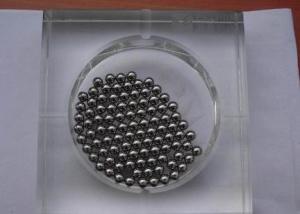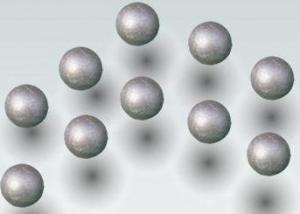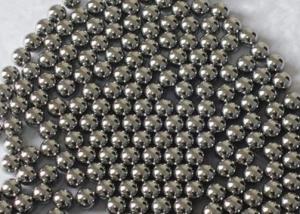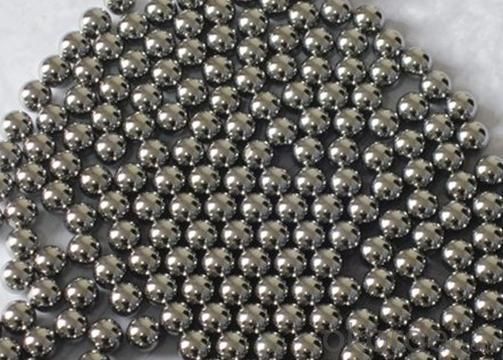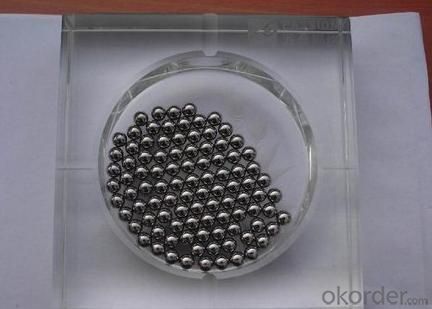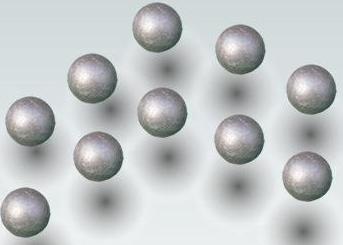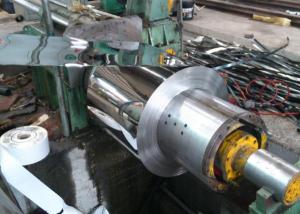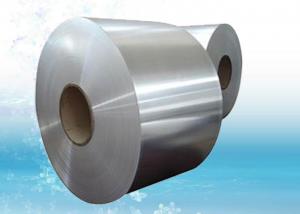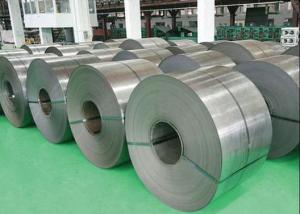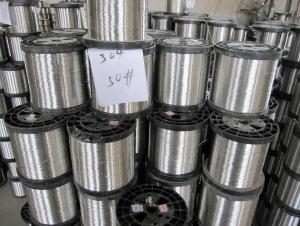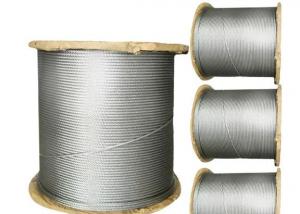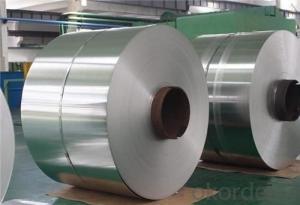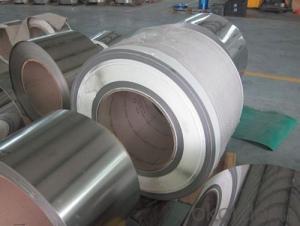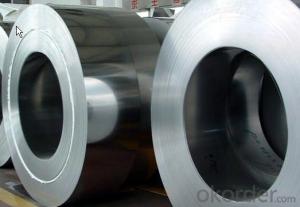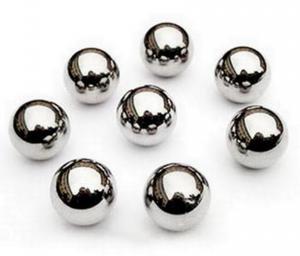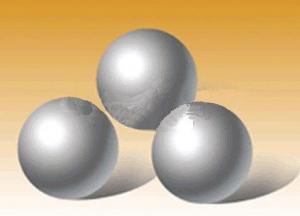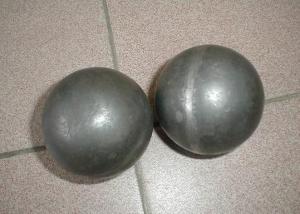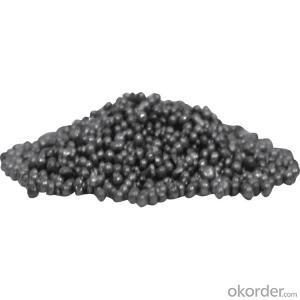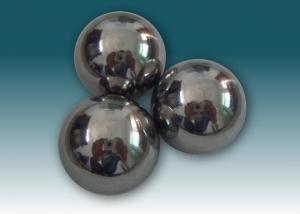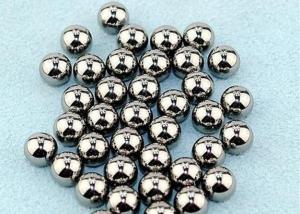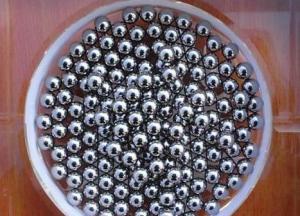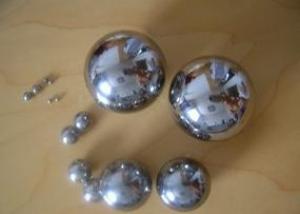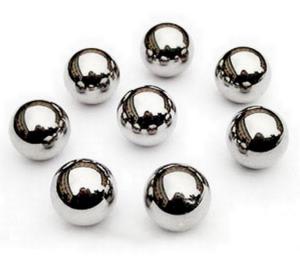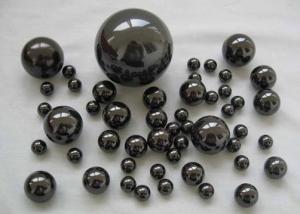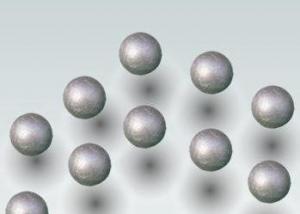304 Steel Ball
- Loading Port:
- China Main Port
- Payment Terms:
- TT or LC
- Min Order Qty:
- 5 Tons m.t.
- Supply Capability:
- -
OKorder Service Pledge
OKorder Financial Service
You Might Also Like
Stainless Steel Ball
MAIN PRODUCTS:
1. Material: AISI304, 316L, 420C, 430, 440C
2. Steel ball, with material AISI 1008-1086.
3. Chrome steel ball,with material: AISI52100
4. Flying saucer steel ball
5. Precision casting, including auto parts, machine parts, hardware handles, etc.
CHARACTER OF PRODUCTS:
1.The Grade of our products is from G10 to G1000
2.The dimension is from 0.5 mm to 25.4 mm.
3.The products from us are widely used in several industries, such as hardware, sliders, ball bearing lead screw, wheels, toys, bicycles, bearings, trust bearings pulleys, chemical industries, etc.
DETAIL SPECIFICATION:
|
Item |
SS304,316L,420C,440C Stainless steel ball |
|
Category |
Stainless Steel Ball |
|
Material |
AISI 420 430 440 SS304 316L |
|
Size |
0.5mm--25.4mm, 1/4",3/16",5/32",1/8",7/32",5/16",7/8",1" |
|
Grade |
G100-G3000 |
|
Hardness ( HRC) |
HRC58-65 |
|
Application |
Bicycle, bearing, pulley, slide, handcraft, shelf, luggage, hardware, grinding media |
|
Standard |
GB/T-308-2002, GB/T1148-93 |
|
Matched Standard |
DIN, JIS, ASME |
|
Certification |
ISO |
|
Packing |
Oily packing in pouch packing,plastic/tin box packing 1, 25kg/carton with steel pallet packing 2,25kg/carton without steel pallet packing 3,10kg/box then in wooden case packing 4,250kg/ steel drum packing or according to customers' requirement |
|
Place of original |
Shandong province, China |
|
Delivery |
Within 30 days or confirmed while placing order |
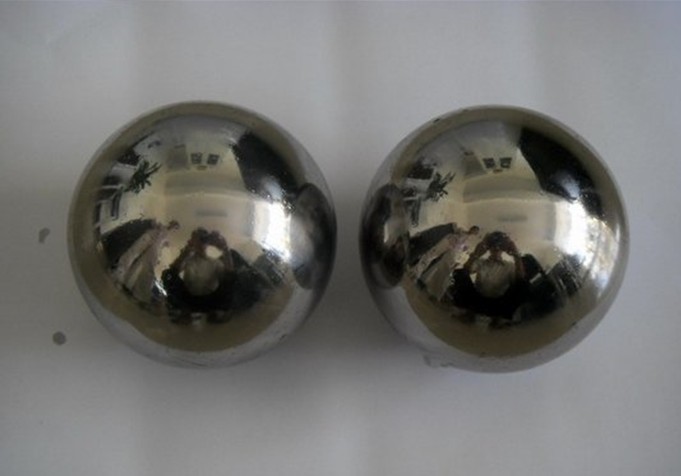
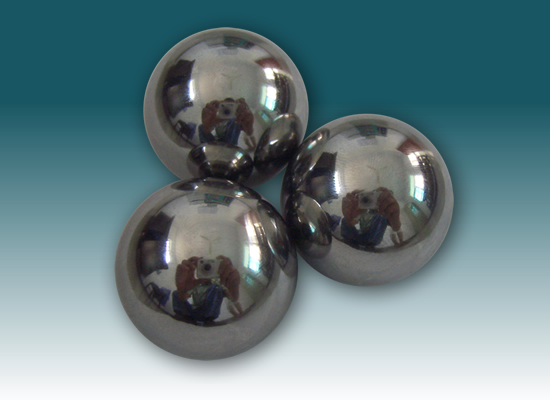
- Q: Can stainless steel balls be used in solar thermal systems?
- Yes, stainless steel balls can be used in solar thermal systems. Stainless steel is a suitable material for solar thermal applications due to its high corrosion resistance, durability, and ability to withstand high temperatures. Stainless steel balls can be used in various components of solar thermal systems, such as valves, pumps, and heat exchangers, helping to enhance the efficiency and longevity of the system.
- Q: Can stainless steel balls be used in food processing?
- Yes, stainless steel balls can be used in food processing. Stainless steel is a common material used in the food industry due to its excellent corrosion resistance, durability, and hygienic properties. Stainless steel balls can be used in various food processing applications, such as mixing, grinding, and refining. They are often utilized in equipment like ball mills, food blenders, and homogenizers, where they help to efficiently process and mix food products. Stainless steel is considered safe for food contact and is non-reactive, meaning it does not leach any harmful substances into the food. Additionally, stainless steel is easy to clean and maintain, ensuring a high level of hygiene in food processing environments.
- Q: How do stainless steel balls perform in high-humidity environments?
- Due to their inherent resistance to corrosion, stainless steel balls excel in high-humidity settings. Chromium, the main component of stainless steel, forms a protective oxide layer on the surface, preventing rust and corrosion. This oxide layer grants stainless steel balls a high resistance to moisture, even in environments with elevated levels of humidity. In conditions where humidity is relatively high, stainless steel balls continue to perform exceptionally. The protective oxide layer acts as a barrier, preventing water molecules from permeating and reducing the risk of corrosion. Consequently, the structural integrity and functionality of stainless steel balls are preserved, even in challenging environments. Furthermore, stainless steel balls are renowned for their durability and strength. They are resistant to pitting, staining, and general corrosion, making them suitable for prolonged exposure to high humidity. The material's corrosion resistance is of particular significance in environments where moisture and humidity can cause the deterioration or failure of alternative materials. Moreover, stainless steel balls find widespread use in various applications that involve high humidity, such as the marine, food processing, and chemical industries. These industries necessitate materials that can withstand the corrosive effects of moisture and maintain performance over time. Stainless steel balls fulfill these requirements, making them a dependable choice for such environments. In summary, stainless steel balls exhibit exceptional performance in high-humidity environments. Their corrosion-resistant properties and protective oxide layer ensure the preservation of structural integrity and functionality, even when exposed to moisture. Whether in marine, food processing, or chemical industries, stainless steel balls are a reliable option for applications that prioritize durability and resistance to corrosion.
- Q: How do stainless steel balls perform in high-vibration environments?
- Known for their exceptional performance in high-vibration environments, stainless steel balls possess unique properties that make them ideal for applications involving constant movement or vibrations. These balls exhibit remarkable durability and resilience, thanks to their resistance to corrosion, rust, and wear. As a result, they can withstand the harsh conditions of high-vibration environments without compromising their structural integrity. One of the standout features of stainless steel balls is their ability to maintain their shape, surface finish, and dimensional accuracy even when exposed to repetitive and intense vibrations. This is a testament to their strength and hardness, which further contributes to their outstanding performance in high-vibration environments. By absorbing and distributing vibrations, these balls minimize the impact and reduce the risk of damage or failure. Industries such as aerospace, automotive, and manufacturing greatly benefit from this, as precision and reliability are of utmost importance. Moreover, stainless steel balls are often employed in applications requiring low friction and high resistance to heat. They possess excellent lubricity and can operate smoothly even in extreme temperature conditions, further enhancing their performance in high-vibration environments. Overall, stainless steel balls are a reliable choice for high-vibration environments due to their durability, corrosion resistance, strength, and ability to handle repetitive and intense vibrations. This makes them an excellent option for various industries where reliable performance and longevity are paramount.
- Q: Can stainless steel balls be used in pneumatic cylinders?
- Yes, stainless steel balls can be used in pneumatic cylinders. Stainless steel is a durable and corrosion-resistant material, making it suitable for use in pneumatic cylinders that may be exposed to moisture or harsh environments.
- Q: Can stainless steel balls be used in textile machinery?
- Yes, stainless steel balls can be used in textile machinery. They are often utilized in various applications within textile machinery for their durability, corrosion resistance, and smooth surface properties.
- Q: Can stainless steel balls be used in precision measurement tools?
- Yes, stainless steel balls can be used in precision measurement tools. Stainless steel is a material known for its corrosion resistance, hardness, and durability, making it suitable for precision applications. In precision measurement tools such as gauges, calipers, and micrometers, stainless steel balls can be used as contact points or reference points to ensure accurate measurements. These balls are machined to precise dimensions and can provide consistent and reliable results. Additionally, stainless steel balls have low magnetic permeability, which is beneficial in certain precision applications where magnetic interference needs to be minimized. Overall, stainless steel balls are a common and effective component in precision measurement tools.
- Q: Are stainless steel balls resistant to intergranular attack?
- Yes, stainless steel balls are generally resistant to intergranular attack due to their high chromium content which forms a protective passive layer on the surface, preventing corrosion and intergranular attack.
- Q: Are stainless steel balls FDA-approved?
- Indeed, FDA approval can be granted to stainless steel balls. The Food and Drug Administration (FDA) grants approval to materials that come into contact with substances such as food and drugs. Stainless steel is frequently employed in the food and pharmaceutical sectors owing to its robustness, ability to resist corrosion, and ease of cleaning. Nevertheless, it is crucial to bear in mind that not every stainless steel ball possesses FDA approval. The specific grade and composition of the stainless steel employed in the balls will determine whether they comply with FDA regulations. It is advisable to verify with the manufacturer or supplier that the stainless steel balls to be used have obtained FDA approval for the intended purpose.
- Q: Can stainless steel balls be used in corrosion testing?
- Certainly, corrosion testing can utilize stainless steel balls. Renowned for its remarkable corrosion resistance attributes, stainless steel proves to be an appropriate substance for such examinations. Employing stainless steel balls for corrosion testing enables researchers to evaluate the material's resilience against corrosion amidst diverse circumstances, including exposure to different chemicals or environmental elements. This aids in appraising the endurance and efficiency of stainless steel within various sectors where corrosion resistance proves vital, such as the automotive, aerospace, and marine industries.
1. Manufacturer Overview
| Location | Zhejiang,China |
| Year Established | 2000 |
| Annual Output Value | Above US$8.3 Million |
| Main Markets | Europe, America |
| Company Certifications | ISO9001:2000 |
2. Manufacturer Certificates
| a) Certification Name | |
| Range | |
| Reference | |
| Validity Period |
3. Manufacturer Capability
| a) Trade Capacity | |
| Nearest Port | Shanghai |
| Export Percentage | 30% |
| No.of Employees in Trade Department | 30 People |
| Language Spoken: | English;Chinese |
| b) Factory Information | |
| Factory Size: | Above 80,000 square meters |
| No. of Production Lines | Above 7 |
| Contract Manufacturing | OEM Service Offered;Design Service Offered |
| Product Price Range | Average |
Send your message to us
304 Steel Ball
- Loading Port:
- China Main Port
- Payment Terms:
- TT or LC
- Min Order Qty:
- 5 Tons m.t.
- Supply Capability:
- -
OKorder Service Pledge
OKorder Financial Service
Similar products
Hot products
Hot Searches
Related keywords
